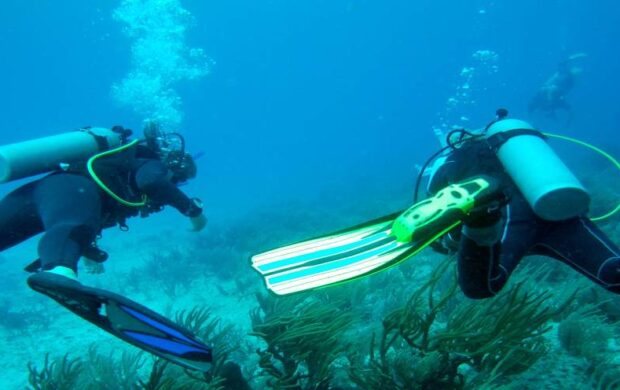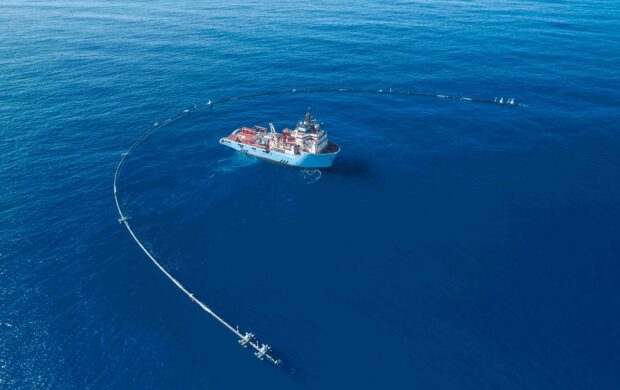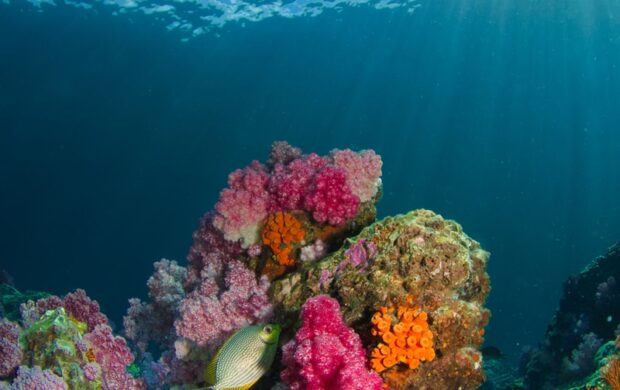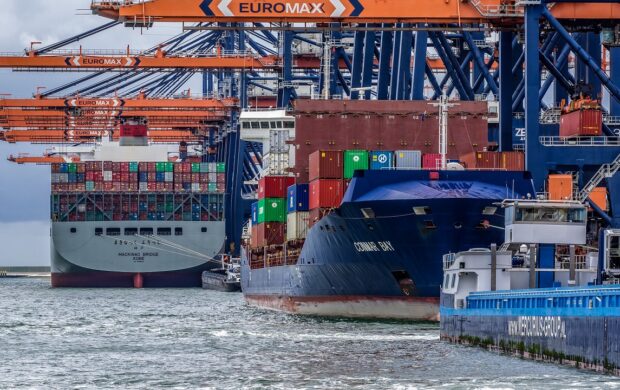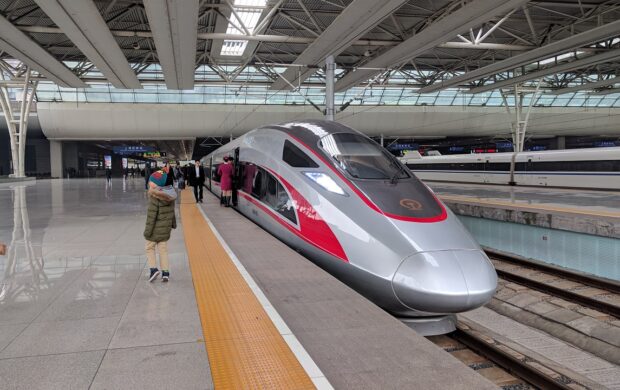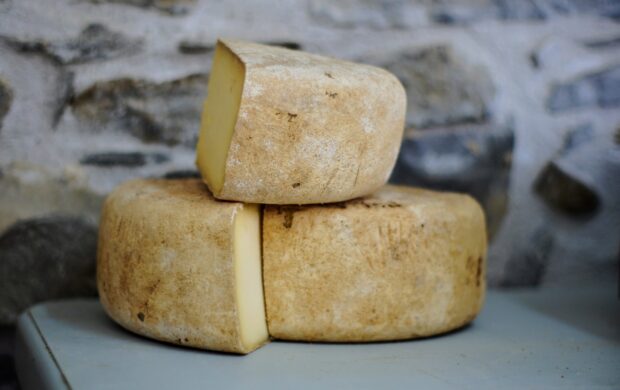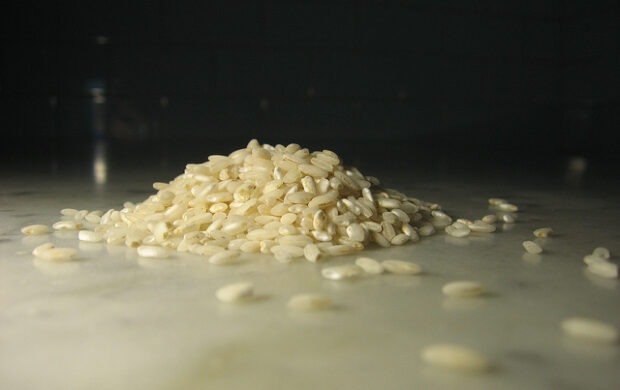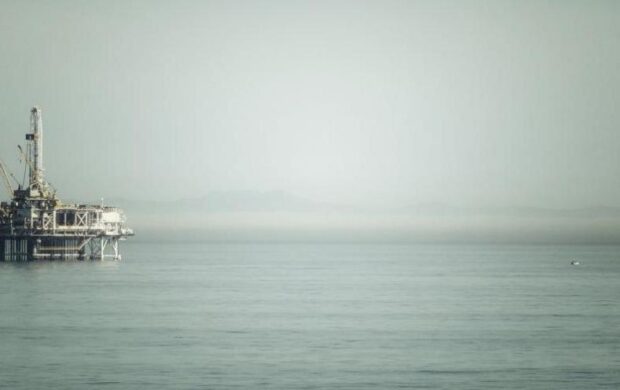Animal Dynamics, a company formed of biomechanics from the University of Oxford’s Department of Zoology, is looking to break the human-powered water speed record in a canoe propelled by an underwater fin, mimicking the way that dolphins or whales swim.
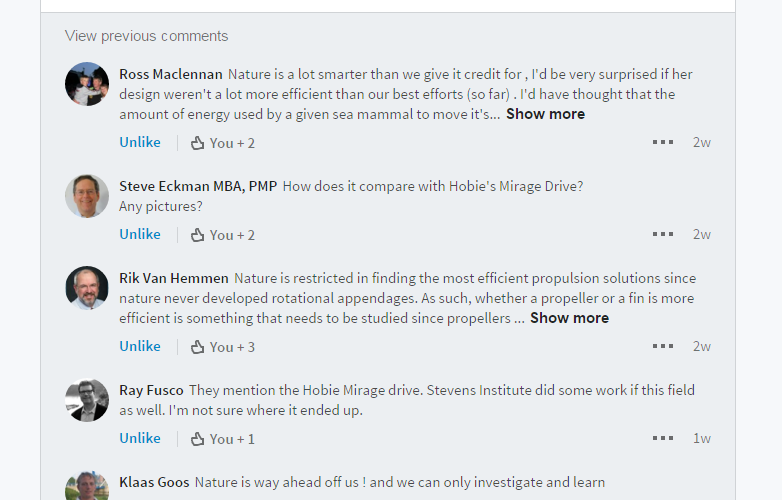
The team believes that a flapping fin design could be a more efficient than a traditional propeller mechanism, as it works with the natural flow of water, rather than against it.
Instead of using paddles, the catamaran-style canoe has a hydrofoil under its bow which is operated by a driver using a pedaling system. The cycling motion drives a fin downwards through the water, creating the thrust to propel the canoe forwards.
Through studying the oscillation patterns caused by fins, wings and tails of animals, the team of researchers, led by Dr Adrian Thomas, has designed a finely tuned hydrofoil, or fin, to match the natural flow patter of the water passing over it.
Malolo, the prototype craft, has been built and the team will attempt to break the water speed record with it later in 2015.
